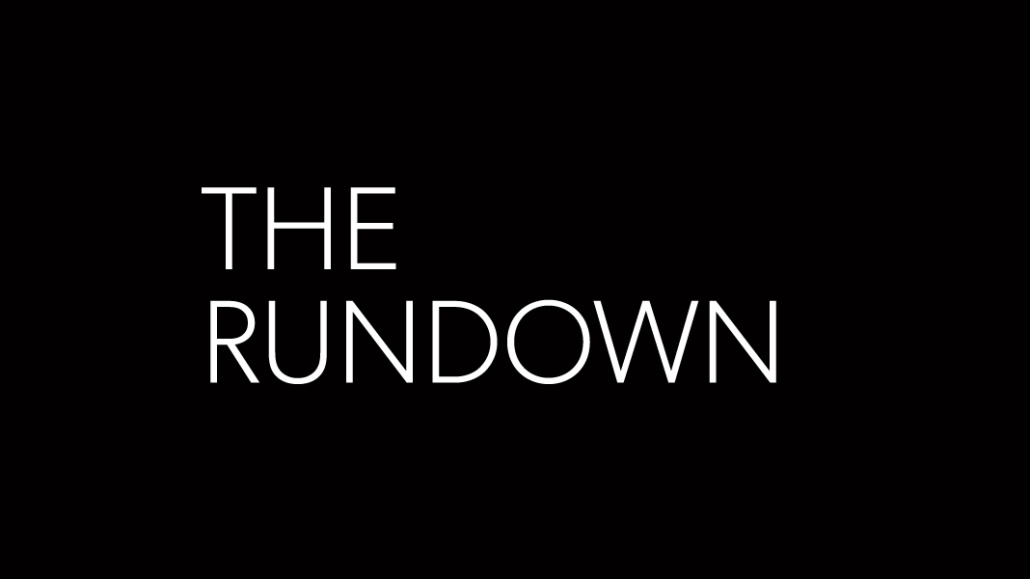Secure your place at the Digiday Publishing Summit in Vail, March 23-25

Hating advertising is nothing new. No one wants their entertainment interrupted by a 30-second spot with someone sputtering on about a product you have no use for. But The New York Times would have you believe otherwise, as a story this week based off a new report from Forrester, stated people’s hatred of advertising as a new phenomenon — and one that’s dangerous for advertisers and ad agencies who face an existential threat if people hate the business that they’re in.
The mishmash of issues the Times illustrated — that marketers want more for less, that agencies don’t have the power they once did, that marketing is being run in-house at some companies, that consultancies are taking a bite out of agencies — also aren’t new problems. Advertising is a more difficult business to be in now but treating people’s hatred of ads as something new is naïve.
Of course, the ad industry will tell you that your hatred of those ads comes from its irrelevance to you. Advertisers and agency execs believe the solve for people who hate ads is to create ads that are better targeted and that are actually useful. To do that advertisers need more data about you and your habits. In the end, handing over that data will benefit you, because the ads will be better, don’t you see?
There’s been a reckoning of sorts in recent years as advertisers like P&G’s Marc Pritchard and execs like Yext’s Marc Ferrentino have used industry events to lament the state of the advertising industry. “We’ve been shoving ads in people’s faces,” said Ferrentino earlier this week. “We’re almost in an arms race to be annoying.” There’s even been a movement among creatives to make self-aware advertising about how people hate ads (for example: look at any Oatly ad).
But talking about ads being annoying or making ads about how ads are annoying doesn’t change anything.
Advertisers and agencies are hellbent on the idea that creating better advertising will make people hate ads less. But in recent years, with ad blockers and Netflix and paying for Hulu or Spotify without ads, people have become accustomed to the idea that there can be a world without advertising — that they can get their entertainment without the interruption. If the ability to opt-out of advertising is available, people are going to take that option. It’s a better experience — and not one that better ads — Cannes Lions creative or not — is going to solve.
More in Marketing

Pitch deck: How ChatGPT ads are being sold to Criteo advertisers
OpenAI has the ad inventory. Criteo has relationships with advertisers. Here’s how they’re using them.

Yahoo pauses IAB membership amid a series of quiet cost-saving measures
Yahoo pulls IAB board memberships, following job cuts as PE-owner reportedly reconsiders ad tech investments.

Target looks to e-commerce, advertising investments to help grow the business
Technology is one of the most important areas in which Target will invest with the hopes of returning to profit growth.





